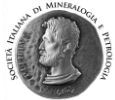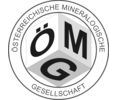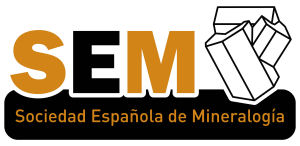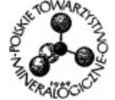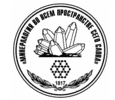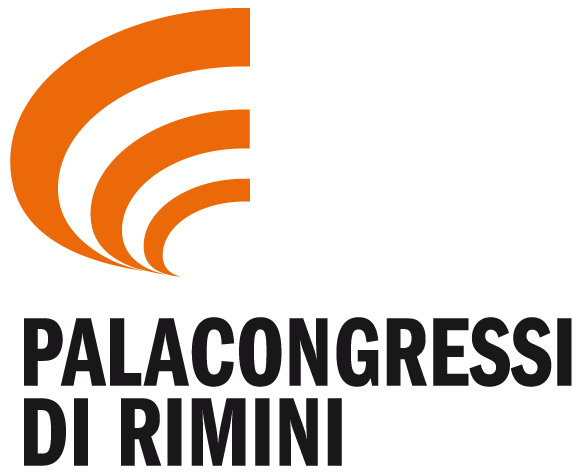Giovanni De Giudici, Jonathan Lloyd and Caroline Peacock (contact: Jon.Lloyd@manchester.ac.uk)
Chemical reactions occurring at biogeochemical interfaces often control the mobility of bulk and trace elements and drive mineral precipitation. This is due to processes ranging from the molecular scale to the macro scale, that involve living tissues, organic molecules released to the environment, microbes, fluids and (bio)minerals. These are central to environmental sciences, and a growing number of multidisciplinary studies provide significant insight into how life is causative of environmental processes and can offer opportunities to develop environmental technologies. This session solicits contributions that explore the interactions between life and minerals from the molecular to the macro scale. Biogeochemical interfaces of relevance can include biofilms, the rhizosphere, biological tissues and fluids in a wide range of natural and engineered environments. Studies from the molecular scale to the field scale are encouraged. Focus will also include biomonitoring of pollutant transfer processes to the biosphere. (JL and CP stand for the Geomicrobiology and the Environmental Mineralogy Groups of MSGBI respectively).
The Keynote speaker, and MinSoc Hallimond Lecturer, will be Kevin Rosso (Pacific Northwest National Laboratory, Washington, USA)
Alessandro F. Gualtieri, Mickey Gunter and Marisa Rozalen (contact: alessandro.gualtieri@unimore.it)
The presence of certain naturally occurring elements such as uranium, asbestos minerals, iron oxides which contain heavy elements, can make exposure to the soils and rocks that contain them hazardous. Due to natural causes (drainage, leaching) of anthropic factors (mining activity or activities related to landscape modification), such phases may be disseminated in the living environment, resulting in contamination of soil, water, air media. This process may take place directly in the site of natural occurrence or in the sites where such minerals are processed at industrial scale. This session welcomes contributions in the topic of identification, characterization, bio-chemistry and assessment of toxicity (both in vitro and in vivo) of raw and man-processed mineral phases such as asbestos minerals, mineral phases composing the airborne particulate, and many more, which represent an environmental and human health problem.
The Keynote speaker will be Giovanni B. Andreozzi (University of Rome "La Sapienza")
Gilberto Artioli, Corina Ionescu and Sabine Klein (contact: gilberto.artioli@unipd.it)
Providing analytical data for archaeology, art, and conservation is an application-oriented field for mineralogists. Mineralogy lies in a special position between Earth sciences and materials science; therefore it involves a profound perception of the complexity of natural materials. Possessing the knowledge of the geological and physico-chemical processes acting on both the natural materials, and the man-made artifacts, the mineralogists commonly master most of the methods and techniques required to investigate our cultural heritage. However, mineralogical expertise is far beyond the sole gathering of analytical information, encompassing: development of analytical techniques, elemental and phase analysis, microstructure analysis, reconstruction of ancient technological processes, tracing of the material sources, understanding of soil-deposition and weathering processes, and defining conservation strategies. The session aims to present the full spectrum of mineralogical activities in the field.
Lutz Hecht, Cristiano Ferraris and Eleonora Paris (contact: eleonora.paris@unicam.it)
In the fast developing world, there is a growing need to approach Mineral Sciences using new ways to attract the interest and passion of young generations. Updating teaching methods and establishing closer collaborations among teachers, museums and universities, will allow to better communicate the importance of minerals in natural systems and their wide applications in technology, industry and environment. The session discusses established and future approaches of Mineralogy education of students, scholars and the general public. Natural history museums, public mineral collections, science centers and scholar labs play a specific role in supporting and promoting mineral science education. Although the focus is on mineralogy, contributions to other general aspects of public outreach in geosciences and planetology are welcome.
Contributing Societies
